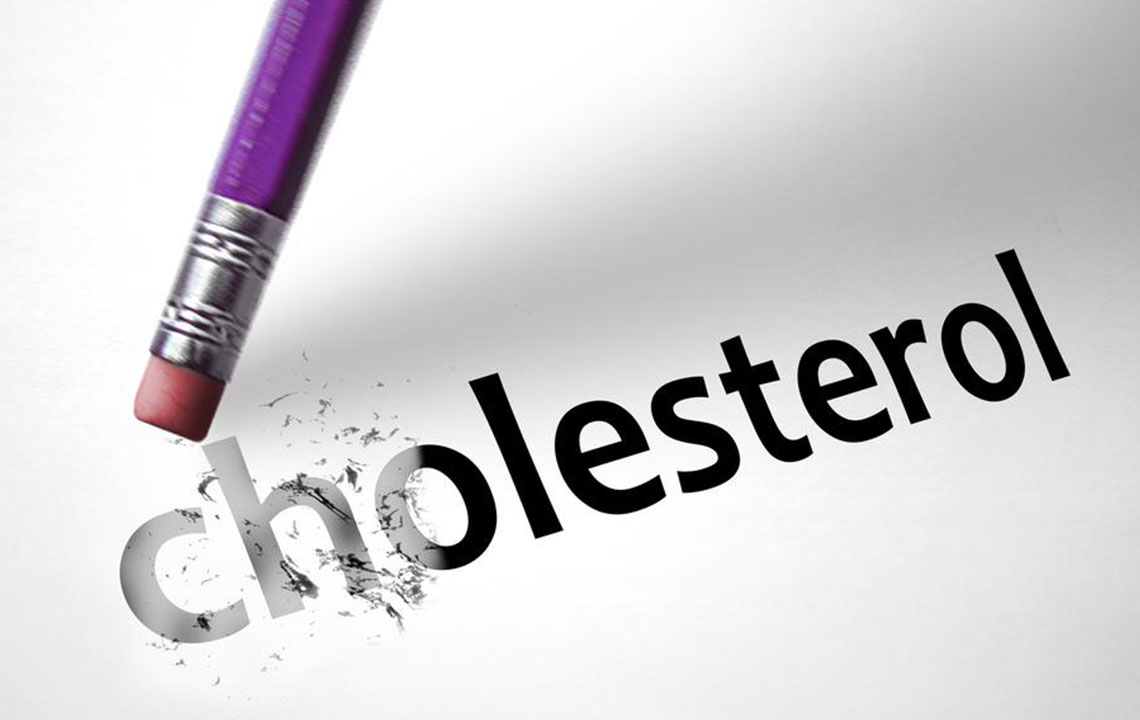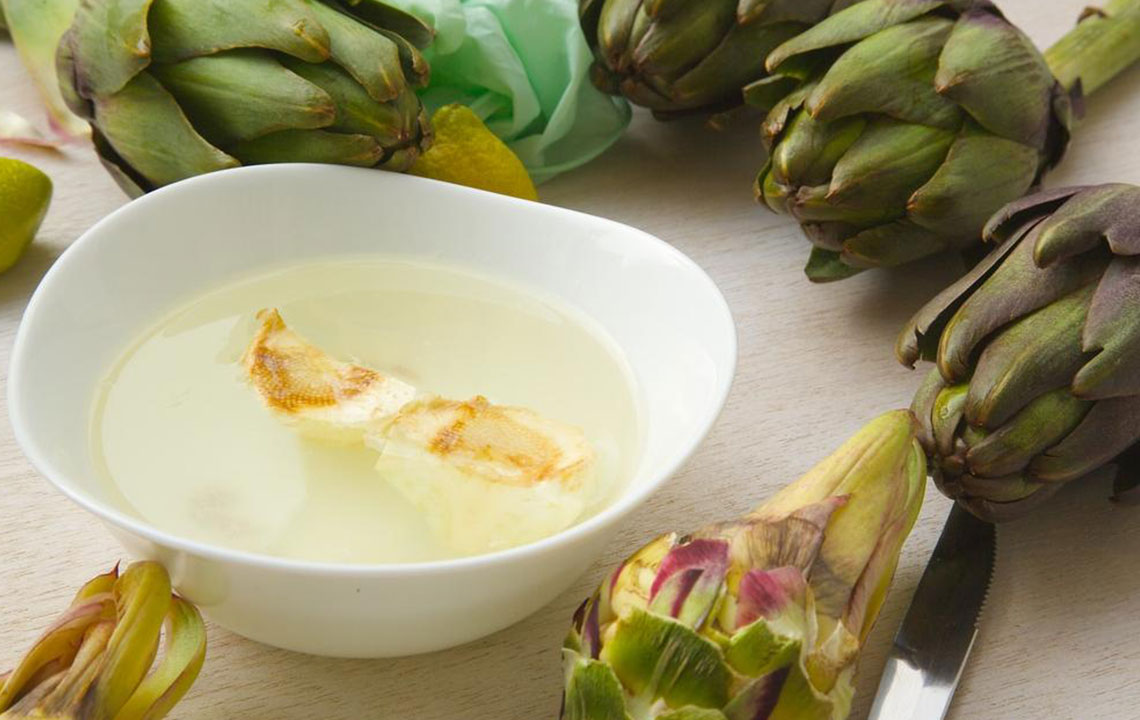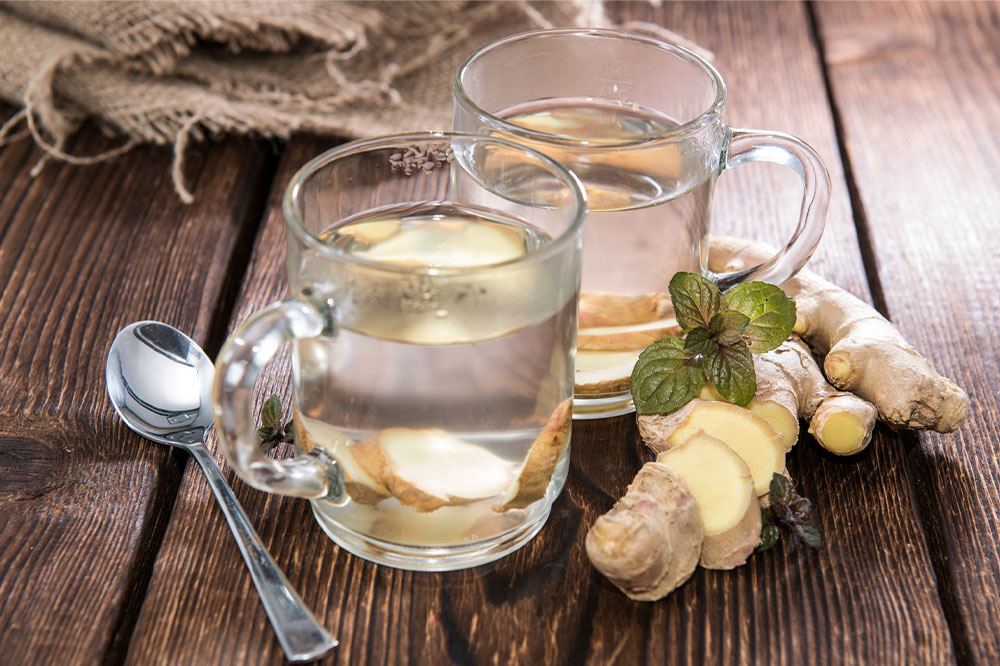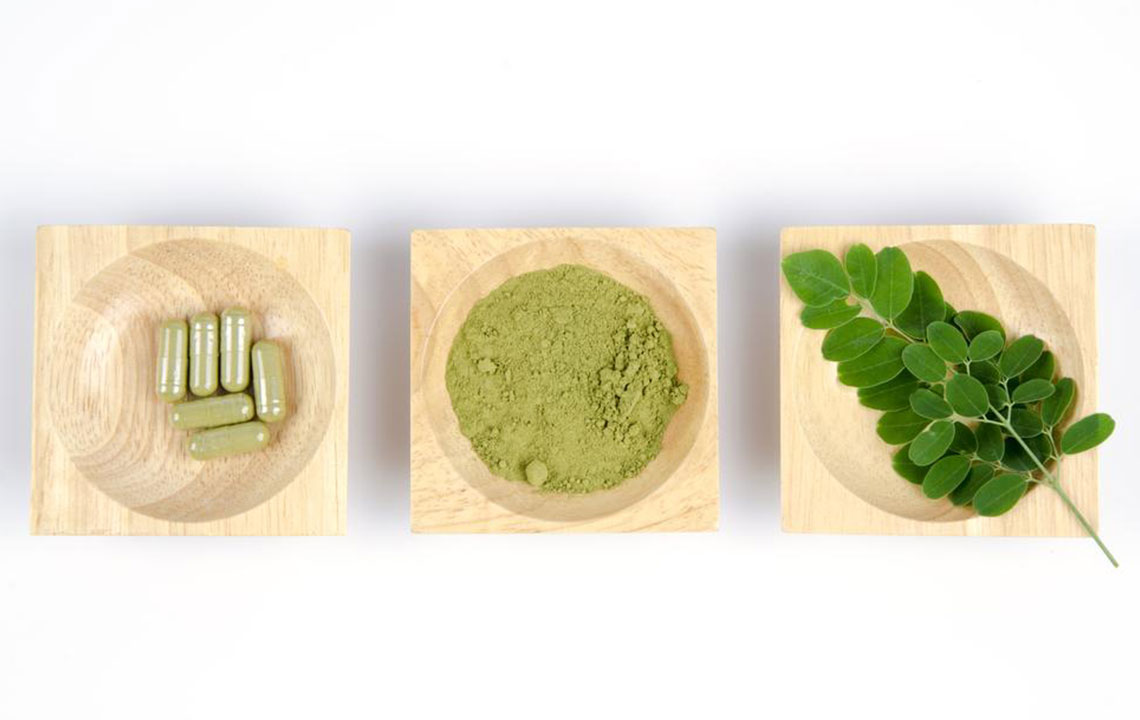Essential Strategies to Reduce LDL Cholesterol Naturally
Learn effective natural methods to lower LDL cholesterol and improve heart health. Discover dietary changes, lifestyle tips, and natural supplements that can help reduce cholesterol levels safely and effectively. Understand cholesterol types, causes of high levels, and practical strategies to manage your cardiovascular risk without relying solely on medications.

Essential Strategies to Reduce LDL Cholesterol Naturally
Understanding cholesterol:
Cholesterol is a waxy substance present in nearly all body cells. Contrary to common misconceptions, it is vital for producing vitamins, hormones, and aiding digestion. Your body synthesizes enough cholesterol to meet its needs. However, cholesterol also enters your bloodstream through the foods you eat, packaged in lipoproteins—proteins with fatty interiors. Managing these lipoproteins, especially LDL, is key to maintaining heart health.
Cholesterol Types:
There are two main lipoproteins responsible for transporting cholesterol:
LDL (Low-density Lipoprotein)
HDL (High-density Lipoprotein)
Maintaining balanced levels of both is essential. Elevated LDL, known as 'bad' cholesterol, can deposit fats along artery walls, increasing heart disease risk. Conversely, HDL, the 'good' cholesterol, helps transport cholesterol to the liver for removal.
High levels of LDL cholesterol are often silent but significantly raise your risk of heart attacks. Keeping LDL in check while boosting HDL reduces this danger. Normal cholesterol levels are considered:
High: above 240 mg/dL
Borderline: 200-239 mg/dL
Desirable: below 200 mg/dL
The causes of high cholesterol include unhealthy eating patterns (excessive consumption of meats, cheeses, saturated and trans fats), diabetes, kidney issues, or hormonal changes during pregnancy. To lower LDL, adopt a heart-healthy lifestyle: include fatty fish like sardines, increase fiber intake with soluble fiber foods, and replace meats with nuts and legumes. Regular exercise, quitting smoking, limiting alcohol, and using natural oils like cypress and rosemary can also support cholesterol management. Consulting a healthcare professional for personalized guidance is recommended, with many favoring natural methods over medication due to side effects.Note:
Our articles provide informative insights but shouldn't replace professional medical advice. Always consult a healthcare provider for diagnosis and treatment options. We disclaim responsibility for discrepancies or omitted data. Stay proactive about your heart health through lifestyle choices and professional guidance.










